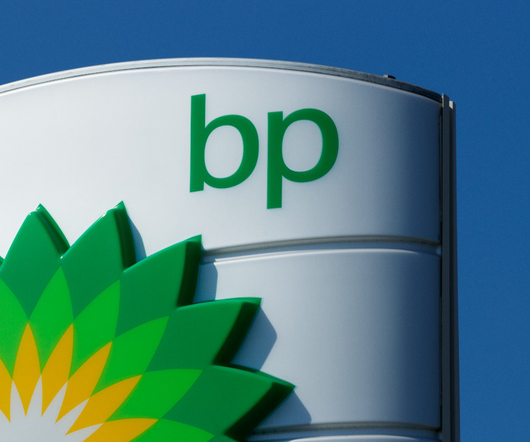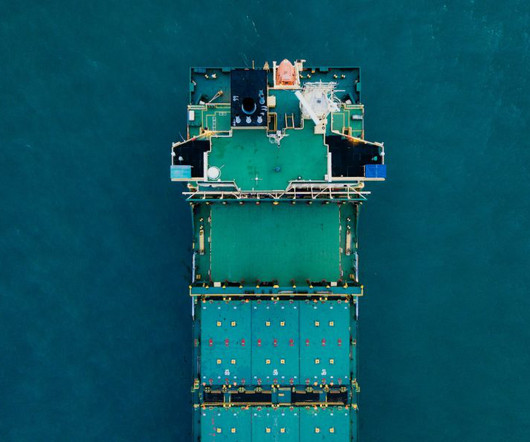BP hits the brakes on transition away from fossil fuels
Corporate Knights
FEBRUARY 14, 2023
When Bernard Looney became CEO of BP in 2020, he promised to reinvent the British oil major as a “leaner, faster-moving and lower-carbon company.” Last week, BP said it will cut its Scope 3 emissions by only 20% to 30% by the end of the decade – a significant reversal from its original 35% to 40% target announced in 2020.













Let's personalize your content